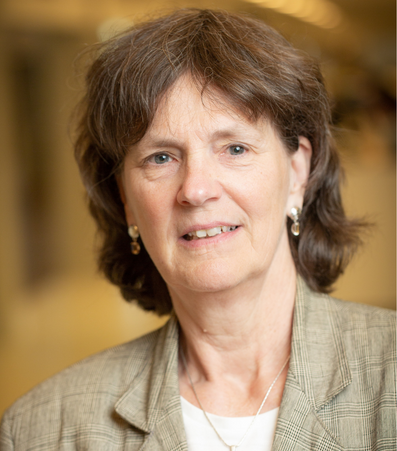With over 50 years of experience connecting different faculties and fostering international collaborations, the Centre for International Cooperation (CIS-VU) has been a vital link between the university's faculties and the global south. Its mission, to apply knowledge from VU Amsterdam to address critical challenges in the international environment, aligns perfectly with the university's commitment to making a positive impact on the world. Recently, CIS has gained a notable achievement, with the successful acquisition of eight project grants! These projects have been made possible through funding from the Orange Knowledge Program (OKP) of Nuffic, and the European Union.
The projects span a spectrum of areas, ranging from capacity building in healthcare management for stronger health systems in Nigeria, to the promotion of youth and women entrepreneurship and building innovative local food systems in Burkina Faso and Mali. Additionally, there are projects that focus on an online educational platform enriching the skills of water professionals in Asia. In Ethiopia, one project aims to contribute to strengthening restorative legal reform processes, and another project on establishing legal aid clinics in Ethiopia in cooperation with experienced Rwandan partners. Lastly, an EU-funded project has been granted aiming at supporting educational and labor market initiatives to strengthen the supply of graduates and aligning it with the demands in Lebanon. The grants range between €75.000 to €400.000, with durations spanning from one to three years.
The successful acquisition of these grants would not have been possible without the close collaboration with the faculties and departments involved in the projects, including the Faculty of Science (the Institute for Environmental Studies (IVM), the department of Computer Science, and Health Sciences), School of Business and Economics, the Faculty of Law, and the Centre for Teaching and Learning.
One of the keys to CIS's success has been its programmatic approach. Rather than conducting isolated projects, CIS aligns its initiatives with the university's profile teams. This strategic alignment ensures that projects undertaken by CIS are closely tied to the university's ambitions, maximising the impact of its projects. CIS acts as a bridge, enabling faculty members to access valuable opportunities when interesting calls for proposals arise. CIS has a dual approach, with faculties reaching out to CIS as well as CIS connecting with VU colleagues when they come across interesting calls.
